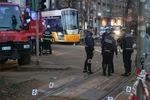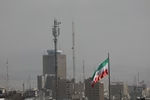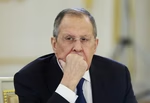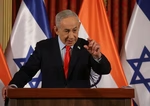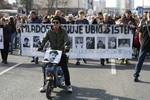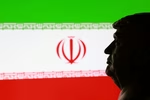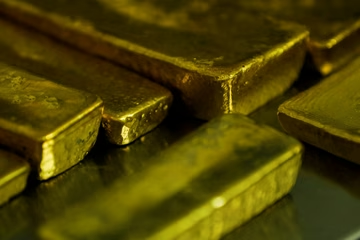BiH's Republika Srpska entity celebrates its unconstitutional January 9 holiday
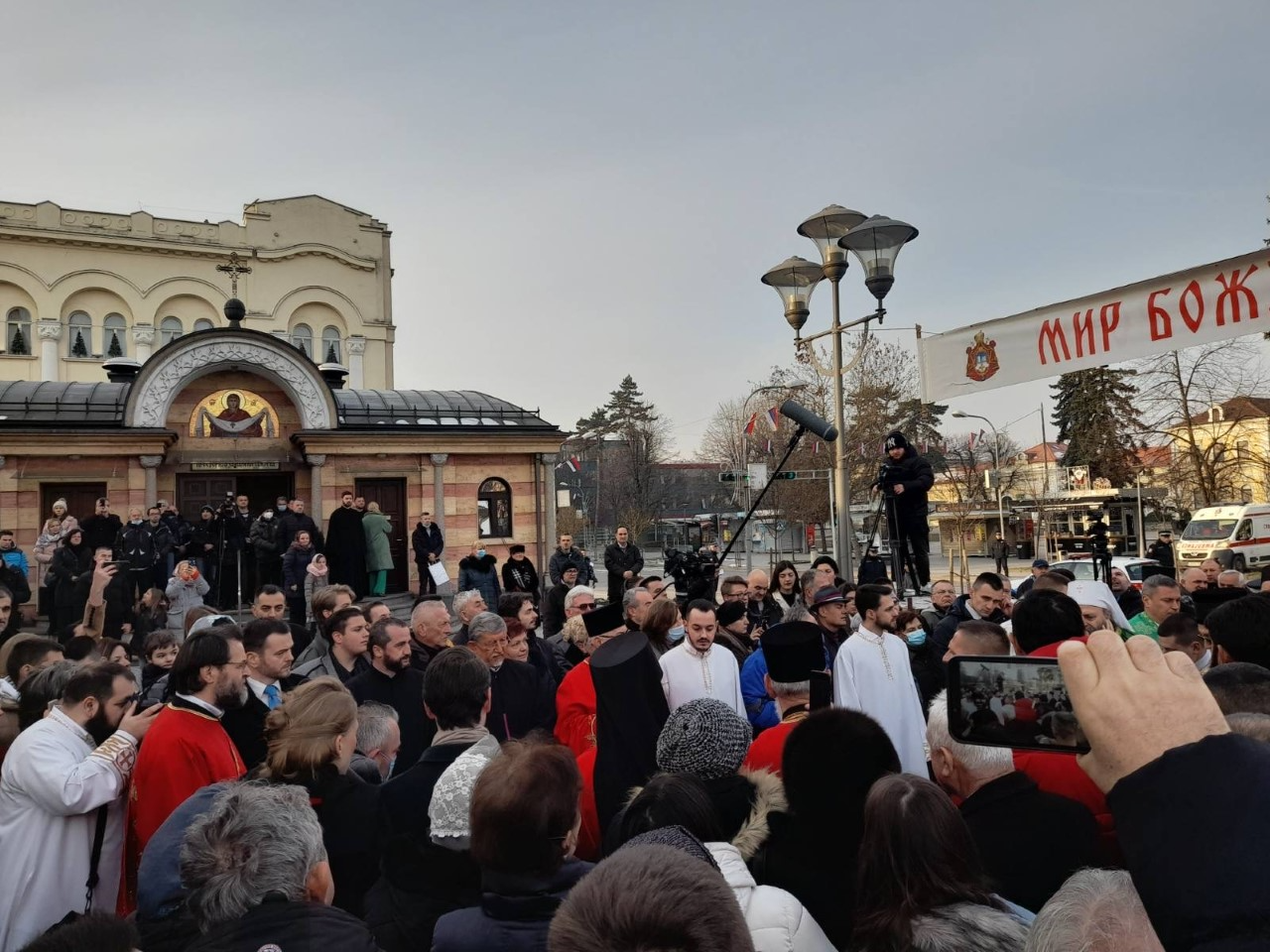
Serbs in Bosnia are celebrating the 30th anniversary of the establishment of Republika Srpska with a religious mass, a parade, fireworks and concerts despite the ruling of the country’s Constitutional Court which declared the January 9 celebration illegal.
Oglas
Celebrations of the anniversary started already on Saturday, with flowers being laid on various monuments dedicated to soldiers who fought for Republika Srpska and with the first international guests arriving, including Serbian Parliament Speaker Ivica Dacic, the Patriarch of the Serbian Orthodox Church Porfirije, several Serbian Ministers, Serbian Prime Minister Ana Brnabic, Russian Ambassador Igor Kalbukhov, two French right-wing Members of the European Parliament and others.
Sunday’s celebration started with a religious mass led by the Patriarch and dedicated to the patron saint of Republika Srpska, St. Stephen.
On January 9, 1992, Bosnian Serbs issued the Declaration of the proclamation of the Republic of Serbian people of Bosnia and Herzegovina, which Bosniaks still see as a prelude into the 1992-95 war that took over 100,000 lives, devastated the country and saw the return of genocide back on European soil.
The war ended with a peace agreement brokered in Dayton, Ohio, in 1995, which divided the country into two semi-autonomous regions - Republika Srpska with a majority Serb population and the Federation of mainly Bosniaks and Croats.
The holiday was declared unconstitutional by the country’s Constitutional Court in November 2018 but authorities in Republika Srpska continue to ignore the ruling, despite criticism from the country’s Bosniaks and the international community.
Bosnia’s Constitutional Court ruled that the holiday was discriminatory against non-Serbs in Republika Srpska because January 9 is also a Serbian Orthodox religious holiday – the day of St Stephen, the patron saint of the entity.
Bosnian Serbs vehemently rejected the ruling and organised a referendum in September 2016, where the majority of the entity’s citizens voted in favour of the holiday.
The Constitutional Court then declared the referendum itself as illegal but the Republika Srpska Parliament passed the Law on the Day of Republika Srpska, which named January 9 as a secular holiday.
That law was ruled unconstitutional in March 2019.
Bosnian Serb leaders view the country’s Constitutional Court as an anti-Serb biased political tribunal and ignore many of its rulings.
Kakvo je tvoje mišljenje o ovome?
Učestvuj u diskusiji ili pročitaj komentare
Oglas
Kakvo je tvoje mišljenje o ovome?
Učestvuj u diskusiji ili pročitaj komentare
Oglas





 Srbija
Srbija
 Hrvatska
Hrvatska
 Slovenija
Slovenija

















